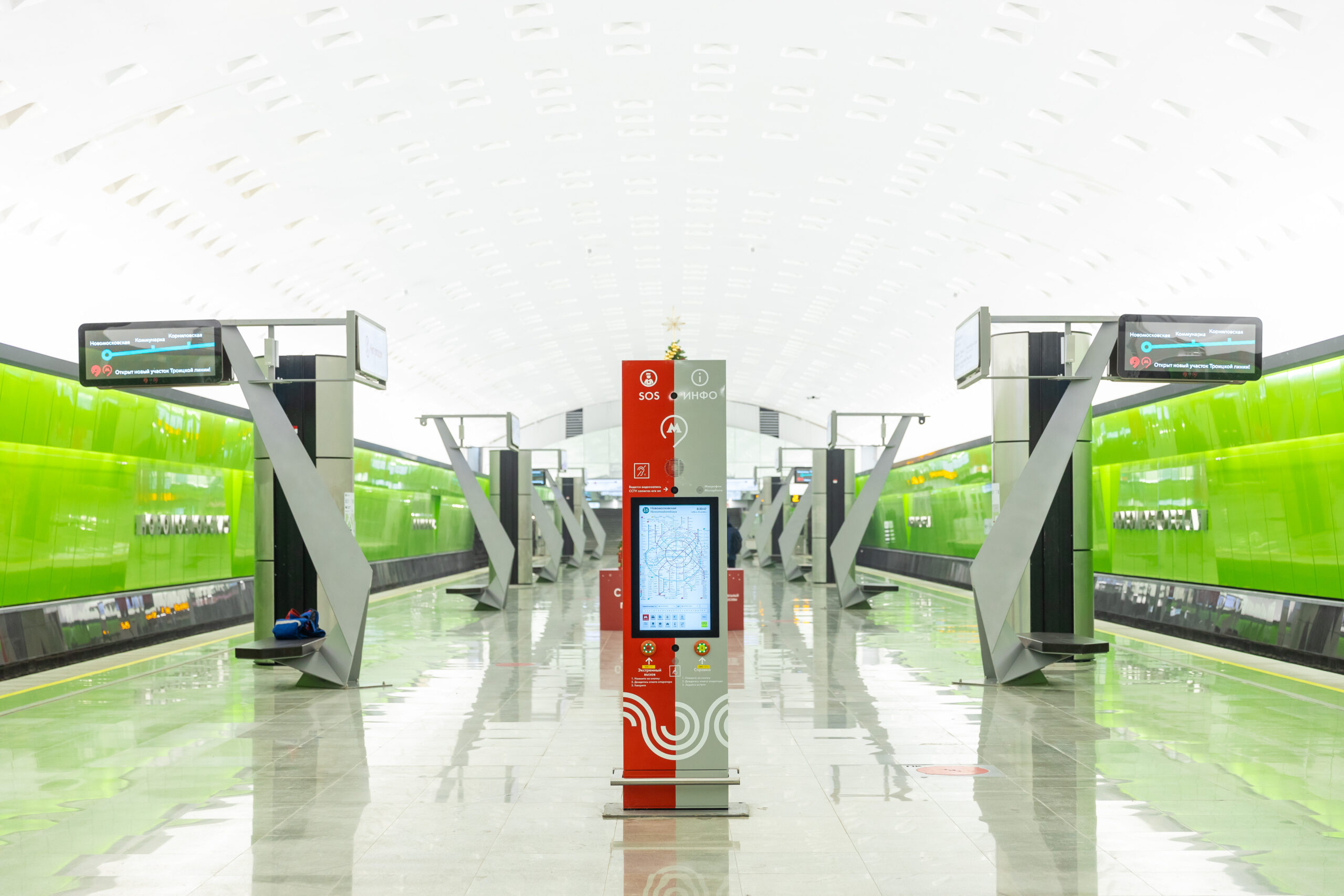Source: Moscow Metro
The most anticipated Line 16 of the Moscow Metro is now fully operational. The line was opened in two phases: four stations began service in September, and today marks the opening of the second section, including Kornilovskaya, Kommunarka, and Novomoskovskaya stations. In total, seven new stations will improve transport accessibility for approximately 900,000 residents.

Key highlights:
Length & Connectivity: The new segment adds 15.5 kilometers of track and provides two vital transfers to the Big Circle Line (BCL) and the Line 1.
Time Savings: Residents in surrounding areas will enjoy significant reductions in travel time. For instance, the trip from Kornilovskaya to Novatorskaya (with a BCL transfer) is now just 12 minutes, compared to 30 minutes previously.
Cutting-Edge Trains: The Line 16 exclusively uses modern, domestically produced Moskva-2024 trains, ensuring a comfortable and reliable travel experience.
Traffic Relief: The new line will reduce congestion on the southern sections of the Lines 1 and 6, as well as ease pressure on adjacent road networks. Traffic on the Lines 1 and 6 is expected to decrease by 8%, while adjacent roads will see a 5% drop in congestion.
Regional Development: The Line 16 is set to become a catalyst for growth in nearby districts. Over 1.5 million people currently live in its catchment area, and with ongoing real estate development, this number is expected to grow. The metro will also drive the creation of tens of thousands of new jobs.
Future Transport Links: Plans are underway to introduce new surface transit routes, making access to the stations even more convenient.
Looking Ahead:
Once fully extended, the Troitskaya Line will connect the ZIL station of the Moscow Central Circle (MCC) with the city of Troitsk, further transforming the region’s transportation landscape.
December 28, Moscow Mayor Sergey Sobyanin opened the second section of the Line 16. This will make travel faster and more convenient for 175,000 residents. Overall, the line has significantly improved transport accessibility for 900,000 Muscovites – said Maksim Liksutov, the Deputy Mayor of Moscow for Transport.